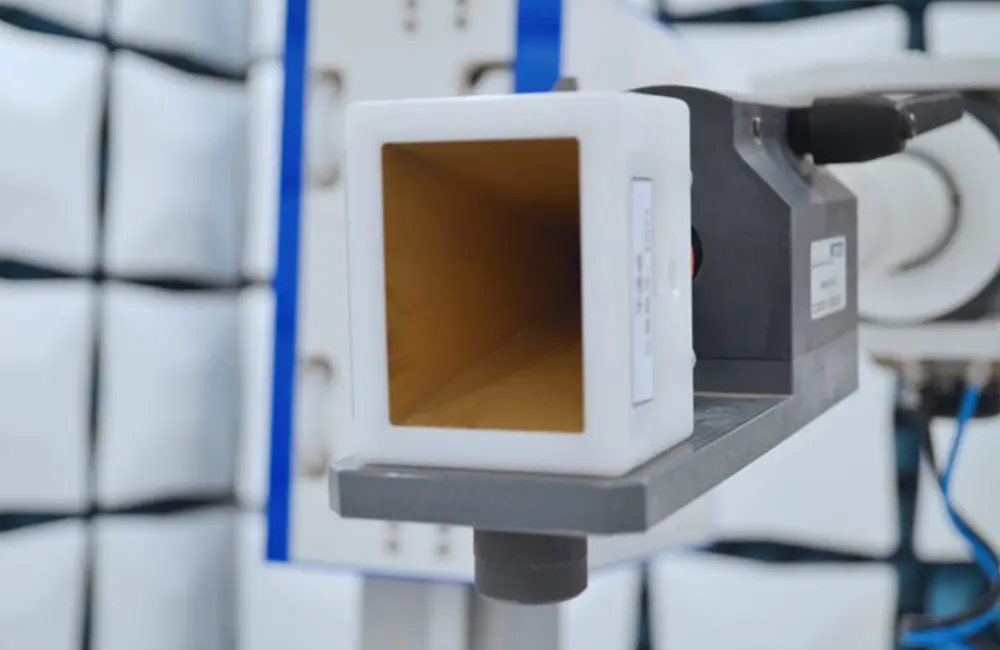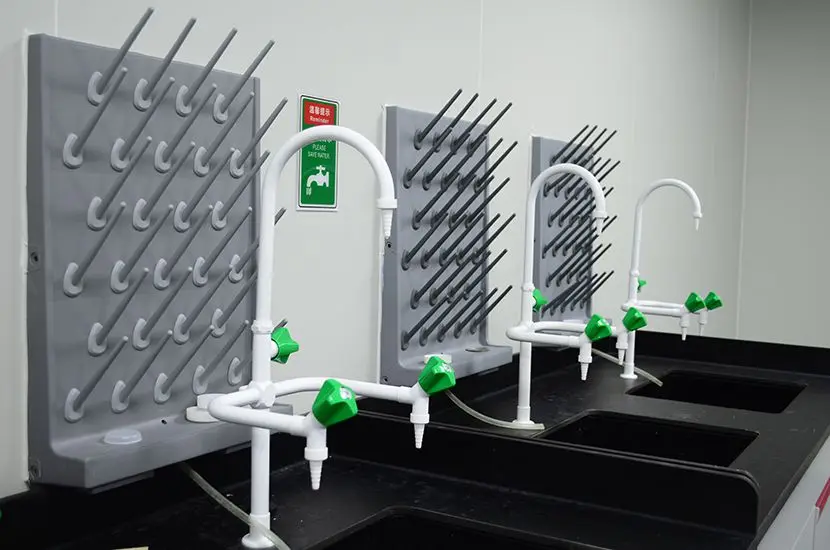
What is an IEC Test Report?
Introduction to IEC Reports
IEC, the International Electrotechnical Commission, is a global standardization organization formed by various national electrotechnical committees. An IEC report is an international safety testing report that lists the requirements of relevant IEC standards in a standardized checklist format. The report reflects the resULts of all tests, measurements, verifications, inspections, and evaluations requiRED by the standards. These results must be clear and unambiguous. An IEC report includes photos, national differences, clause judgments, and product descriptions. The testing standards are internationally unified and widely recognized. An IEC report does not require factory inspections.

Importance of IEC Reports
Certification bodies in IEC member countries base their safety performance testing of electrical products on IEC standards. Once an iec test report is issued, it is mutually recognized among member countries, reducing international trade barriers caused by the need to meet different national certification or approval criteria. Obtaining an IEC report signifies that a product meets the relevant IEC standard requirements, enhancing its competitiveness in the market. An IEC report can be used to apply for other certifications, such as CB, CE, GS reports, or certifications like saa or inspection requirements in the Middle East, South Africa, and other regions.
Certification Scope of IEC Reports
IEC standards cover a wide range of electrical technologies, including electrical equipment, machinery, electronics, power, MICroelectronics, communication, audiovisual, robotics, information technology, advanced medical devices, and nuclear instruments.
Common IEC Standards
- IT power/products: Safety standards include IEC62368-1 and IEC60950-1. EMC standards include IEC61000-3-2 and IEC61000-3-3.
- AV power/products: Safety standards include IEC62368-1 and IEC60065. EMC standards include IEC61000-3-2 and IEC61000-3-3.
- Lighting products: Safety standards include IEC60598-1 and IEC60598-2-XX. EMC standards include IEC61000-3-2, IEC61000-3-3, and IEC61547.
- Battery products: Safety standards include IEC62133, IEC60086, IEC61960, IEC62660, IEC62619, and IEC62620.
- Electric vehicles: Safety standards include IEC15194 and IEC17128.
- Wireless products: Safety standards include IEC62368-1.
- Household products: Safety standards include IEC60335-1 and IEC60335-2-29. EMC standards include IEC61000-3-2 and IEC61000-3-3.
- Medical products: Safety standards include IEC60601-1. EMC standards include IEC61000-6-2, IEC61000-3-2, and IEC61000-3-3.
Common IEC Test Items
- Basic requirements: Component structure, labels and instructions, energy grading and protection, safety measures, and explosion prevention.
- Electrical hazards: Protection against electrical energy sources, insulation materials and requirements, safety components.
- Fire hazards: Grading of power sources and potential ignition sources, fire safety measures, internal and external wiring.
- Hazards from harmful substances.
- Mechanical hazards.
- Thermal burns.
- Radiation hazards: Classification of radiation energy sources, safety measures for laser radiation, acoustic energy protection.
IEC Report Process
1. Provide product samples.
2. Fill out an application form.
3. Submit required product documentation, such as product manuals, product model lists (including series models), a list of key components with certification, product photos, and nameplates.
4. Conduct sample testing. If the sample passes, a report is issued. If it fails, adjustments are made, and the sample is retested until it meets the requirements.
Note: When applying for iec certification, specify the countries to be included in the report so that national differences can be considered during testing.
Email:hello@jjrlab.com
Write your message here and send it to us
 Cost of U.S. FDA CFR 21 177.2600 Test Report
Cost of U.S. FDA CFR 21 177.2600 Test Report
 How much does the IP44 Compliance Test cost
How much does the IP44 Compliance Test cost
 What is LFGB Test
What is LFGB Test
 What does LFGB certified mean?
What does LFGB certified mean?
 Weee authorised representative germany
Weee authorised representative germany
 Where to Apply for 2026 Air & Sea Transport Ce
Where to Apply for 2026 Air & Sea Transport Ce
 Guide to IEC Test Reports for Lighting Exports
Guide to IEC Test Reports for Lighting Exports
 IEC/EN 62471 and IEC/EN 62778 (Photobiological Saf
IEC/EN 62471 and IEC/EN 62778 (Photobiological Saf
Leave us a message
24-hour online customer service at any time to respond, so that you worry!




